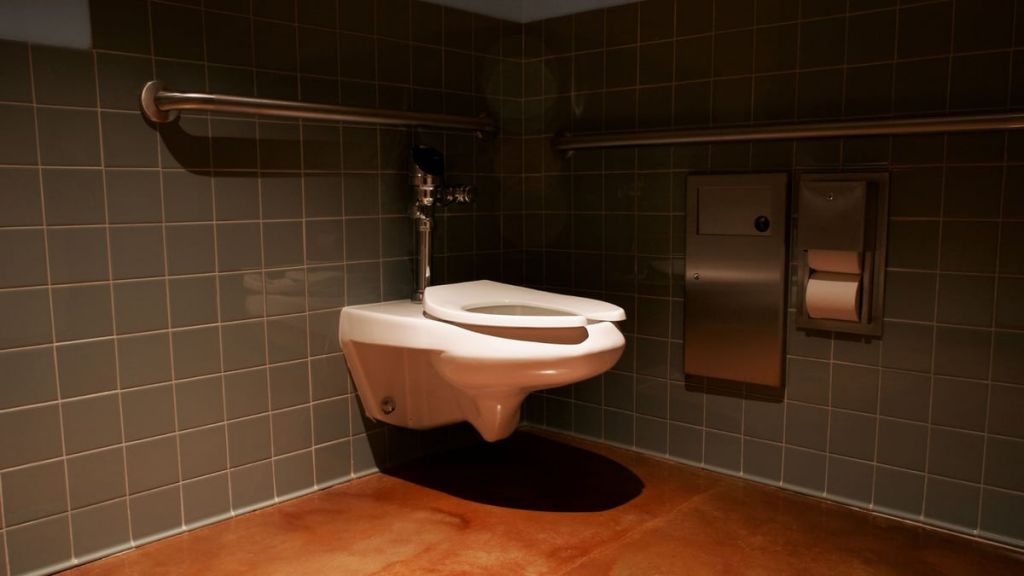
Does it often bother you to use a public restroom? Thinking of the bacteria and germs on the toilet seat makes you want to wait and control it until you reach home. Feeling like this is normal, and the truth is, using public toilet seats that are visibly dirty can cause infections like Urinary Tract Infection (UTIs).
UTIs are common infections that can cause discomfort, and if it is not treated soon, it can lead to more serious health complications. Let’s know if this is true and know some easy ways to reduce your risk of UTIs, especially when you’re travelling.
What is UTI and how does it occur?
A urinary tract infection occurs when bacteria enter the urinary system, infecting parts like the bladder, urethra, or even the kidneys in severe cases. Women are more affected by UTI than men due to anatomical differences, but anyone can be affected.
Symptoms of UTI include a burning sensation during urination, frequent urge to urinate, and lower abdominal pain. If you ignore these symptoms assuming its because of your body heat, a simple UTI can later spread to your kidneys and cause a more serious infection, which might require hospitalisation.
Moreover, you need to remember that kidney infection isn't something you should take lightly. They can cause fever, chills, and intense pain, potentially leading to kidney damage if not treated properly. Which is why, preventing UTIs is not just about avoiding the pain and discomfort but also about protecting your overall health.
Can public toilet seats really cause UTIs?
One of the most common myths is that sitting on a public toilet seat can cause a UTI. Fortunately, this is not likely. UTIs are typically caused by bacteria from our own body-usually E. coli-that find their way into the urinary tract. While it’s true that public bathrooms can harbor many germs, bacteria from toilet seats rarely make their way into the urinary system. To contract a UTI from a toilet seat, bacteria would need to travel from the seat to your urethra, which is highly unlikely.
However, that doesn’t mean there’s no risk at all. If a public restroom is visibly dirty, it’s best to take precautions, as indirect contact with bacteria or improper hygiene can increase infection risk.
Travel Essentials to Prevent UTIs
Use hand sanitizer before and after using the bathroom. This prevents germs on your hands from coming in contact with sensitive areas.
Flushable wipes can be used to clean the seat, or you can carry disposable toilet seat covers. These add a layer of protection between you and potentially dirty surfaces.
Drinking water helps flush out bacteria from your urinary system, reducing the chances of developing a UTI. When traveling, it’s easy to forget to drink enough, so try to keep a water bottle handy.
It’s always wise to carry extra underwear when traveling. Sweaty, damp conditions can encourage bacterial growth, so staying dry and fresh is key to preventing infections.
While the chances of getting a UTI from a public toilet seat are low, it’s still essential to practice good hygiene, especially when traveling. Following these simple precautions can help you avoid the discomfort and health risks associated with UTIs. Prioritizing cleanliness and staying hydrated are your best defenses, allowing you to travel with peace of mind and focus on enjoying your trip!